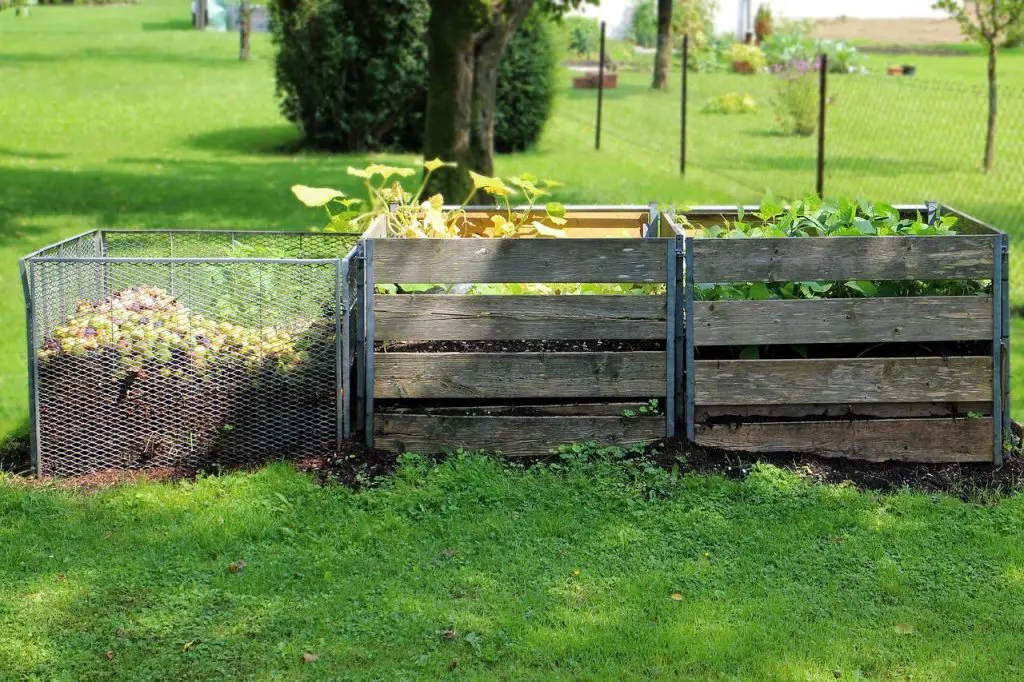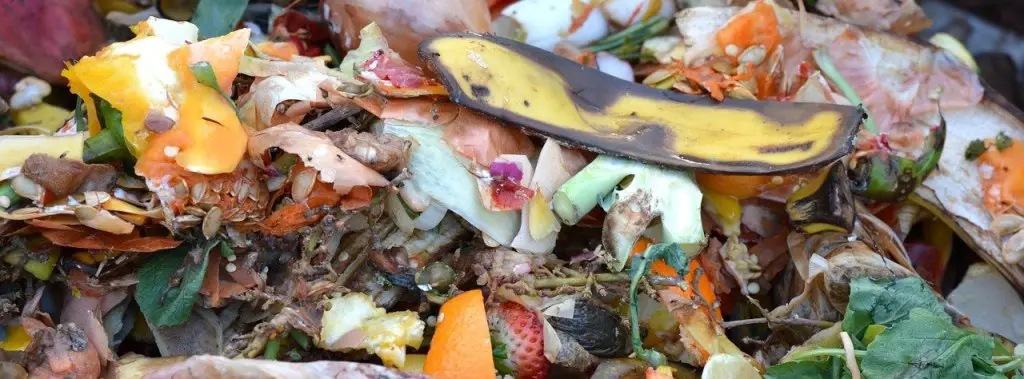Yes, you can compost orange peels. Orange peels improve your compost bin's nitrogen content. Nitrogen is essential in the decomposition process as it promotes the growth of microorganisms in your compost.
Your food waste, dry leaves, and other compost materials can swiftly turn into “black gold” if there is enough nitrogen in your compost pile.
Table of Contents
Are Orange Peels Good Compost?
Yes, orange peels are great for your compost pile. Generally, citrus peels are green materials you can throw in your compost pile.
When the citrus peels decompose, they add phosphorus, potassium, and nitrogen to your soil.
Nitrogen enhances plant growth, phosphorus helps create solid roots, and potassium makes plants more resistant to disease.
Because these elements are vital to the overall health of plants, vegetables, and shrubs, they are the primary components of many commercial fertilizers.
However, there are a few things to bear in mind before composting orange and citrus peels in general.
If you want your citrus peels to decompose fast, you must use small pieces for your compost pile.
Moreover, adding too many citrus fruit peels to your heap raises its acidity. Too much acidity affects the composting process.
3 Ways to Compost Orange Peels
Here are some tips for using orange peels in your compost;
1. Cut the Citrus Fruit Peels Into Small Pieces
Composting orange peels is a time-consuming process due to the thickness of the peel, which is designed to preserve the fruit. That’s why it may take up to 6 months for orange peels to undergo complete decomposition.
You can reduce the decomposition time by around 2 months. The trick is chopping the orange peels into small pieces before adding them to your compost pile.
Still, other factors at play determine the decomposition period for composting citrus – we’ll look into that shortly.
2. Mix the Brown and Green Materials in Equal Proportion
To boost your vermicompost production, ensure the brown to green material ratio is balanced in your compost pile.
You can add orange peels that have been freshly cut or peels that are already decomposing.

To increase potassium, nitrogen, and phosphorus levels in your compost, you can also add grass clippings, dry leaves, wood chips, vegetables, and other fruit peel leftovers.
3. Maintain the Correct Temperature and Ventilation Levels for Your Compost
Some believe adding orange, or lime peels to your compost pile leads to Penicillium mold growth. When following proper composting practices, your compost pile is subjected to hot temperatures. Higher temperatures discourage Penicillium mold growth.
If you notice any mold on the citrus fruit peels, your compost heap is not as heated as it should be.
Consider placing your compost in areas where it is exposed to direct sunlight. Also, ensure it has proper ventilation.
How Long Do Orange Peels Take To Decompose?
It may take up to 6 months for orange peels to decompose entirely, but this depends on your compost environment.
As stated earlier, cut the orange peels into small pieces if you want the decomposition process to be shorter.

You can also improve the composting process by turning the composting pile more frequently and at regular intervals.
The decomposition process may take much longer if you keep your orange peels in a very dry compost pile; ensure proper moisture levels.
Finally, remember that orange peels have d-limonene, an antibacterial that you only find in freshly squeezed citrus fruits.
When conditions favor it, d-limonene remains active for a considerable time before it begins to deteriorate. In addition, this organic pesticide prevents insects from feeding on the orange peels, lengthening the decomposition time.
What Else Can You Do With Orange Peels?
DIY Orange Peel Organic Pesticide
You can use your orange peels to make organic pesticides for your garden. Unfortunately, whiteflies and aphids – the two most common garden pests – will still thrive.
However, the smell of citrus fruit decomposing keeps larger pests away (raccoons, opossums, and foxes, to mention a few).
You can obtain organic pesticide from orange peels by following these steps:
- Put three cups of water on to boil for about 15 minutes. Add some pieces of orange peel.
- Turning off the heat, allow your orange peels to soak in hot water for 15 minutes.
- Check the temperature of the water. If it is cool, remove the orange peels, and fill a spray bottle with the orange peel water.

